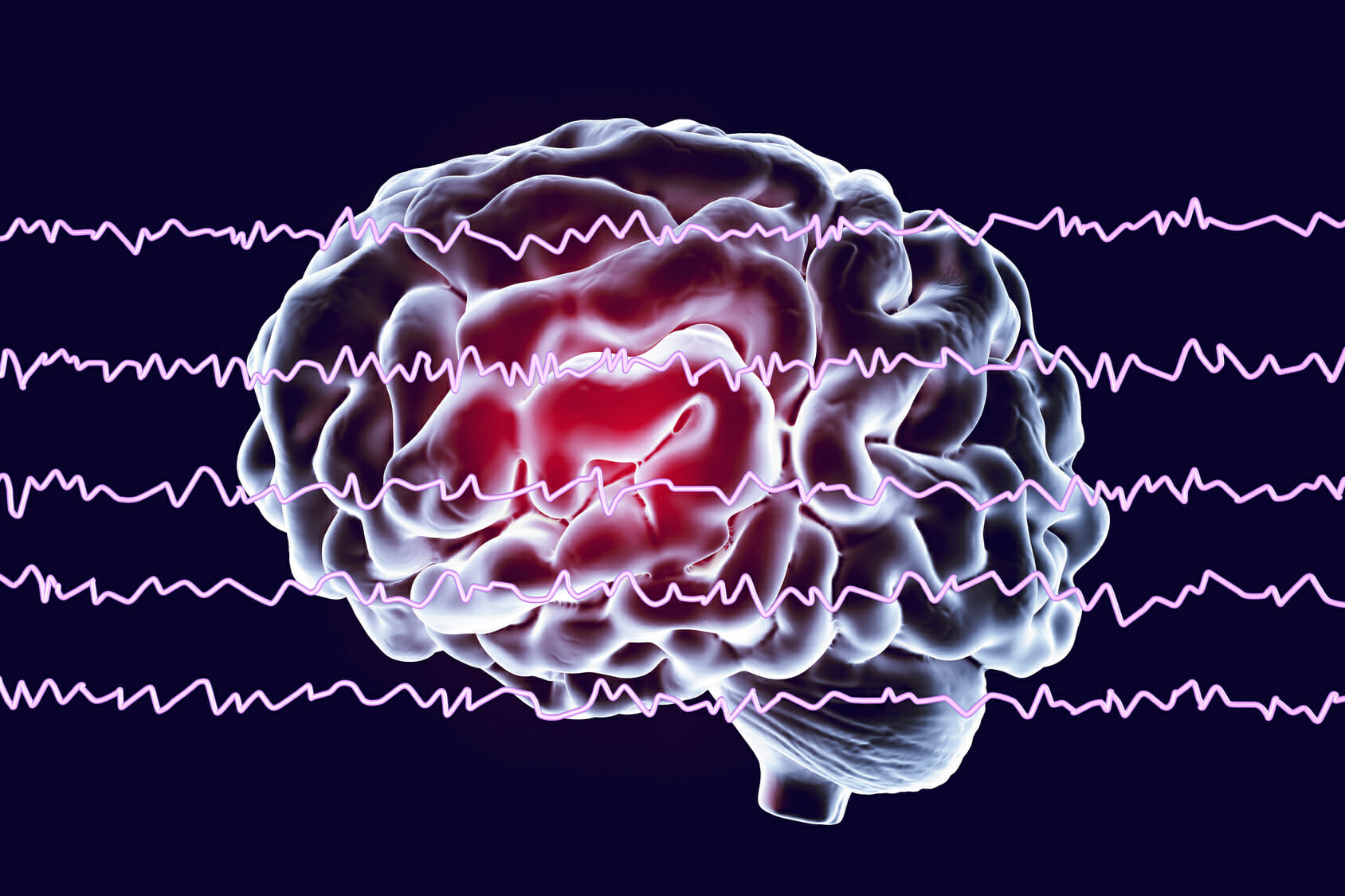Biofeedback is a technique that educates individuals how to manage certain bodily functions by utilizing indicators from their own physiology. This approach involves employing sensors that monitor physiological responses such as heart rate, muscle tension, and skin temperature. By providing immediate feedback, individuals can learn to identify their body's responses to pain and stress. This consciousness allows them to develop strategies to handle their pain more effectively. For instance, if a patient observes that their muscle tension rises when they are in pain, they can practice relaxation techniques to help alleviate that tension.

One of the key benefits of biofeedback is that it empowers patients to take an active role in their pain control. Instead of depending solely on drugs or treatments from medical providers, patients can gain to comprehend and regulate their own bodies. This sense of control can lead to increased confidence and a more positive outlook on life. Many patients report feeling more in charge of their pain and less like victims of their condition. This shift in mindset can significantly enhance their quality of life.
Research has shown that biofeedback can be effective in alleviating chronic pain symptoms. Research indicate that patients who employ biofeedback methods often undergo less pain and better physical ability. Additionally, biofeedback can help lessen anxiety and stress, which are frequent issues for those living with chronic pain. By addressing both the physical and emotional aspects of pain, biofeedback offers a holistic approach to pain management. This comprehensive method can lead to better outcomes for patients, allowing them to participate more completely in their routine activities.
In summary, biofeedback is a significant tool for revolutionizing chronic pain management. By teaching individuals to understand and regulate their physiological reactions, check this link right here biofeedback enables individuals to take control of their pain. This method not only helps alleviate pain but also improves overall standard of life. As more people seek options to traditional pain management methods, biofeedback stands out as a promising option. With ongoing investigation and recognition, biofeedback could turn into an essential part of chronic pain treatment, helping individuals lead healthier, more satisfying lives.